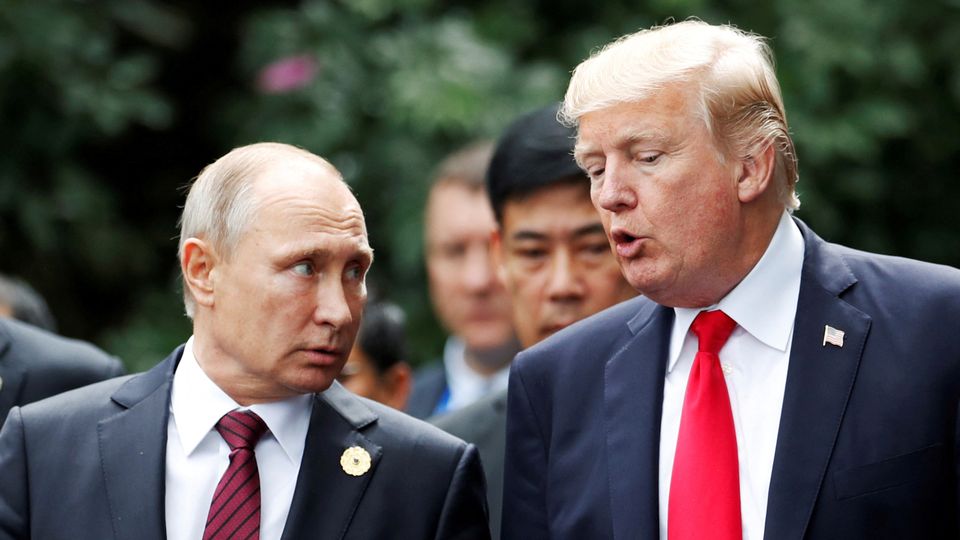Global Leaders Condemn Trump’s Auto Tariffs, Canada Vows Retaliation
Trump’s 25% Auto Tariff Sparks International Backlash
World leaders have strongly condemned U.S. President Donald Trump’s latest trade measure—a 25% tariff on foreign-made automobiles. This move has triggered sharp criticism, with Canadian Prime Minister Mark Carney warning of severe repercussions for global trade.
Canada’s Strong Response: “Nothing Is Off the Table”
In one of the most direct statements yet, Prime Minister Mark Carney declared that the new tariffs mark the end of the close economic relationship between the U.S. and Canada.
“The old relationship we had with the United States—based on deepening integration of our economies and tight security and military cooperation—is over.”
Carney emphasized that Canada must pivot its trade relationships, reduce its reliance on the U.S., and prepare for unprecedented economic shifts.
Trump’s Executive Proclamation: A 25% Tariff on All Foreign Cars
The tariffs, which take effect on April 2, apply to all foreign-made automobiles imported into the United States. This drastic trade policy has drawn widespread criticism from Canada, Mexico, and the European Union, all of whom view it as a violation of the 2019 U.S.-Mexico-Canada Agreement (USMCA).
The U.S. Auto Industry Reacts: Divided Opinions
While United Auto Workers (UAW) President Shawn Fain has praised the tariffs as a victory for American workers, critics argue that the policy will take years to create new manufacturing jobs.
“These tariffs are a major step in the right direction for autoworkers and blue-collar communities,” said Fain, urging automakers to bring jobs back to the U.S.
However, industry experts warn that the tariffs may grind car manufacturing to a halt, given the deeply interconnected nature of North American supply chains.
Economic Consequences: Auto Industry Faces Uncertainty
The automotive sector is one of the most interdependent industries in North America. Flavio Volpe, President of Canada’s Automotive Parts Manufacturing Association, highlighted that nearly two million cars made in Canada are produced for U.S. automakers. Half of the parts used in these vehicles come from American suppliers.
“Anything the White House does to Canadians will directly impact the three biggest U.S. auto enterprises,” Volpe stated.
Experts predict that the industry could shut down on both sides of the border within a week.
Global Trade War Intensifies: Europe Joins the Fight
German Chancellor Olaf Scholz issued a strong rebuke, calling Trump’s decision a “path to economic isolation” that will ultimately harm all countries involved.
Meanwhile, Canada has vowed to retaliate.
“We will fight the U.S. tariffs with retaliatory trade actions that will have maximum impact on the U.S. and minimal impact on Canada,” said Carney.
“We won’t back down. We will respond forcefully. Nothing is off the table to defend our workers and our country.”
The Future of U.S.-Canada Trade Relations
With tensions rising and retaliatory measures looming, trade experts predict a high-stakes showdown that could reshape North American commerce for years to come.
Key Takeaways:
- Trump’s 25% auto tariff disrupts global trade.
- Canada, Mexico, and Europe denounce the move as violating free trade agreements.
- UAW supports the tariffs, while industry experts warn of economic fallout.
- The auto industry could face severe disruptions across North America.
- Canada prepares for major retaliatory trade actions.
Stay tuned for updates as the situation unfolds.




